What is the debt brake and why did Germany introduce it?
Known as the Schuldenbremse in German, the debt brake is a cap on government borrowing that’s enshrined in Germany’s constitution. It states that the federal government can only take on a certain amount of new debt in each fiscal year.
This is capped at 0.35 percent of Gross Domestic Product (GDP) – the amount of money the country produces each year in goods and services. Though GDP varies from year to year, this generally gives the government enough wiggle room to borrow around €9 billion annually.
When it comes to spending on a regional level – i.e. by state governments in Germany – the rules are even stricter. States aren’t allowed to borrow any money to fund their plans and must therefore create balanced budgets that finance spending exclusively through tax income and money from the central government.
But why exactly has Germany decided to tie itself to such strict rules on spending? Well, there are quite a few answers to that.
Back in 2009, the Grand Coalition of the Christian Democratic Union (CDU) and Social Democrats (SPD), led by Angela Merkel, decided to bring the debt brake into law. At the time, the global economy was struggling to deal with the fallout of the 2008 financial crisis, and Germany was racking up a huge deficit.
The idea was to bring borrowing back under control as soon as possible and prevent leaving billions of euros in debt for future generations to pay off. It also paid homage to the main edicts of neo-liberalism, creating a streamlined state with little room for generous investments or high social welfare payments.
Thanks to the ongoing effects of the financial crisis, the debt break only came into force seven years after it was put in the constitution. This means that since 2016, the federal governments have been tied to 0.35 percent cap on borrowing.
That said, there are a few exceptions to the Schuldenbremse: in periods of national emergency, such as natural disasters or pandemics, the government is allowed to put the debt brake to one side. That’s exactly what happened during the Covid pandemic in the years 2020 to 2022, and now it appears it will be put aside for the fourth year in a row. In other words, it has been sidelined for exactly half of the time it has been in place.
READ ALSO: Germany to seek debt rule suspension for 2023
Why has the debt brake been in the news recently?
The debt brake was put in the spotlight in early November when Germany’s Constitutional Court declared tens of billions of earmarked government spending to be ‘unconstitutional’.
The case related to €60 billion of borrowing that was originally intended for tackling the Covid crisis but had later been diverted towards a fund for fighting climate change known as the Climate and Transformation Fund.
In normal cases, moving unspent money around wouldn’t be a problem – but in this case, the specific rules around the debt brake came into play. Utilising the exceptions in the debt brake, the €60 billion was borrowed for the purpose of stabilising the economy during the pandemic – and as such it was only supposed to go towards tackling that emergency.

Beyond this amount, which already represents a huge chunk of the national budget, the court decision also invalidated the Economic Stabilisation Fund (WSF). This fund was also originally set up during the Covid crisis and later repurposed as Olaf Scholz’s ‘Doppelwumms’: a €200 billion pot that paid for the energy price breaks and other relief measures in the wake of the Ukraine war.
READ ALSO:
- Why a German court struck down a €60 billion fund for climate change
- German word of the day: Doppelwumms
Finance Minister Christian Lindner (FDP) announced that the debt brake would be set aside for one more year to allow the government to meet its financial commitments for 2023. However, the budget for next year – and how the significant gaps in funding will be filled – still remain unclear.
The crisis has sparked a major debate among politicians about whether the debt brake is still fit for purpose.
What do critics of the debt brake say?
As you might expect, the tight controls on spending aren’t popular with everyone – especially those on the left on the political spectrum.
Proponents of the debt brake say we should lower the deficit to avoid lumbering future generations with unmanageable debts, but critics of the mechanism make the opposite argument. They say that straightjacketing spending will actually put a strain on future generations as the government will be unable to invest in modern infrastructure and could therefore be hindering growth.
If borrowing is slashed too much and tax revenues don’t increase, projects like the green transformation, upgrading public transport and pushing ahead with digitalisation will inevitably be put on the backburner. The government will be forced to prioritise its urgent day to day spending in the present rather than trying to invest in the future – and it could also be forced to cut vital public services.
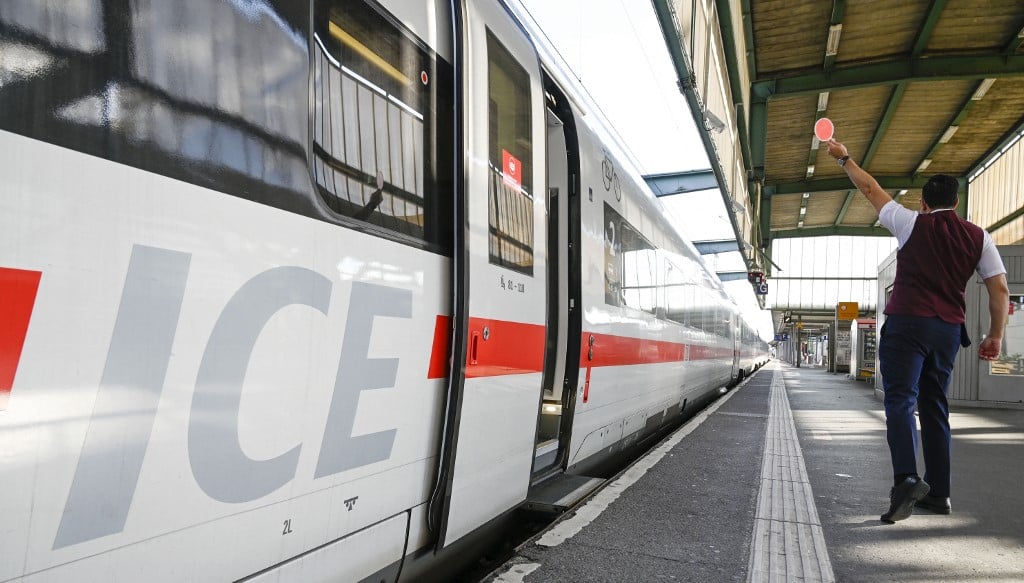
Other critics argue that the debt brake was appropriate at the time when it was introduced but that times have changed and governments require more flexibility.
In the early to mid-2000s, Germany was riding high on a booming manufacturing and exports sector fuelled by cheap Russian gas, and had made little attempt to invest in renewable energy. Now, however, with Germany transitioning away from cheap Russian gas while trying to slash the country’s carbon emissions, Germany is faced with numerous expensive challenges at a time when the economy is especially weak – meaning borrowing more or raising more taxes feel like an inevitability.
READ ALSO: ‘2024 a turning point’: When will Germany’s rail network run on time?
Could the debt brake be reformed in the future?
That’s certainly an idea that’s come from multiple camps – not least Economics Minister Robert Habeck of the Green Party. Speaking at the recent Green Party Conference, Habeck slammed the current rules on borrowing, stating: “With the debt brake as it is, we have voluntarily tied our hands behind our backs and are going into a boxing match.”
According to Habeck, the debt brake should be reformed according to the “green golden rule” to allow borrowing for investments rather than everyday spending. This is an idea that has also been put forward by economists.
Saskia Esken, the co-leader of the SPD, has also spoken out in favour of a reform of the debt brake to avoid putting a drag on growth in the future.
However, the likelihood of this happening seems low at the moment, even if Greens and SPD politicians – and some members of the CDU – are in favour of it.
That’s because it takes a two-thirds majority in the Bundestag to change any aspect of the Grundgesetz, or constitution – a much higher bar than the simple majority needed to change a law.
The FDP, who are in the coalition alongside the Greens and SPD, are also fiercely opposed to any reform of the debt brake and want to rein in government spending instead.
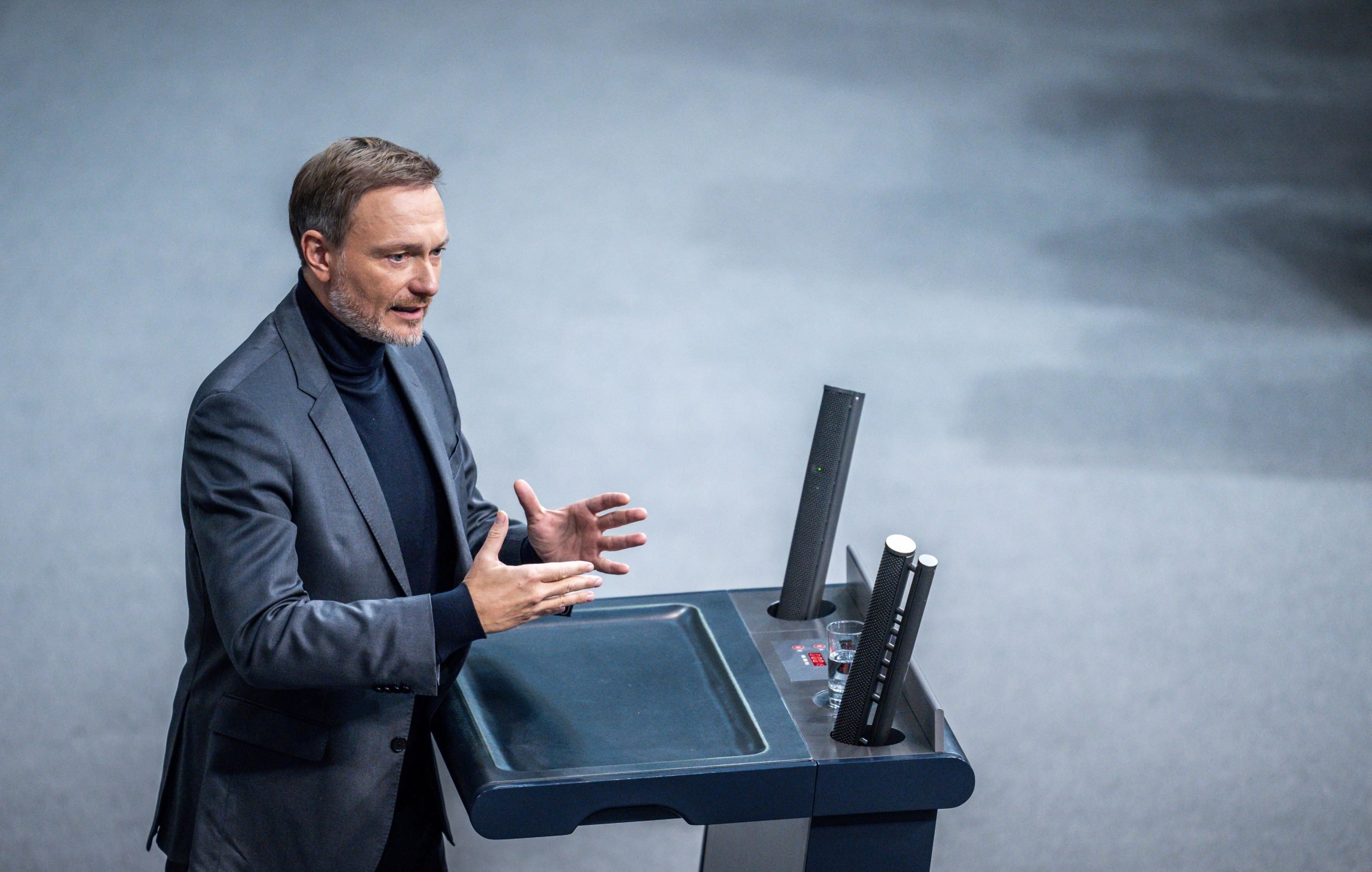
Messing with this fiscal rule could also prove unpopular: a recent poll found that 61 percent on Germans were opposed to any reform of the debt brake, as opposed to 35 percent who were in favour of it, and 4 percent who didn’t know.
It means that in the medium term at least, the government may have to take a scalpel to its previous spending plans, cutting spending on investment projects, public services like healthcare and transport and social welfare such as child and unemployment benefits. Or it may find a way to raise some taxes without upsetting the FDP.
READ ALSO: How Germany’s budget crisis could affect you

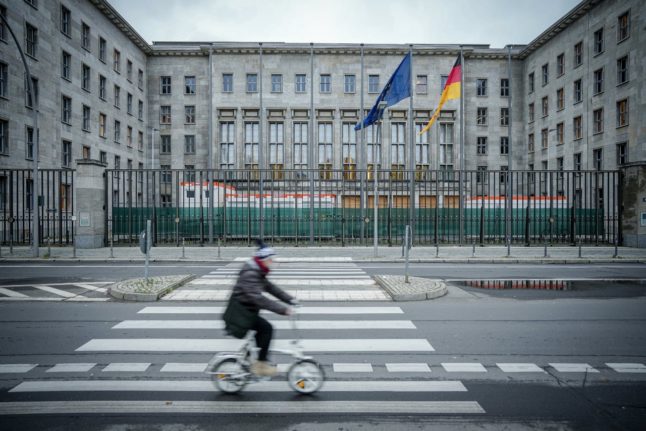
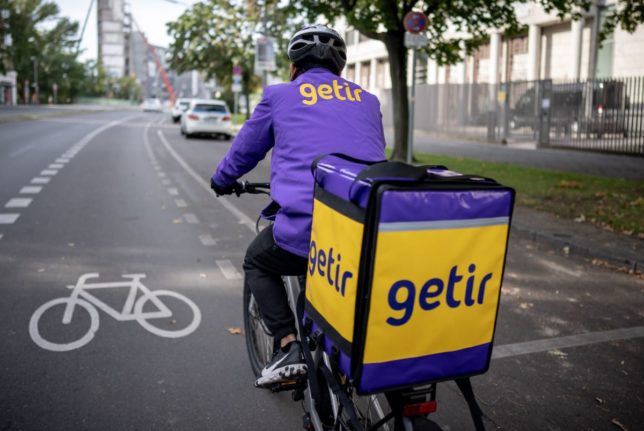
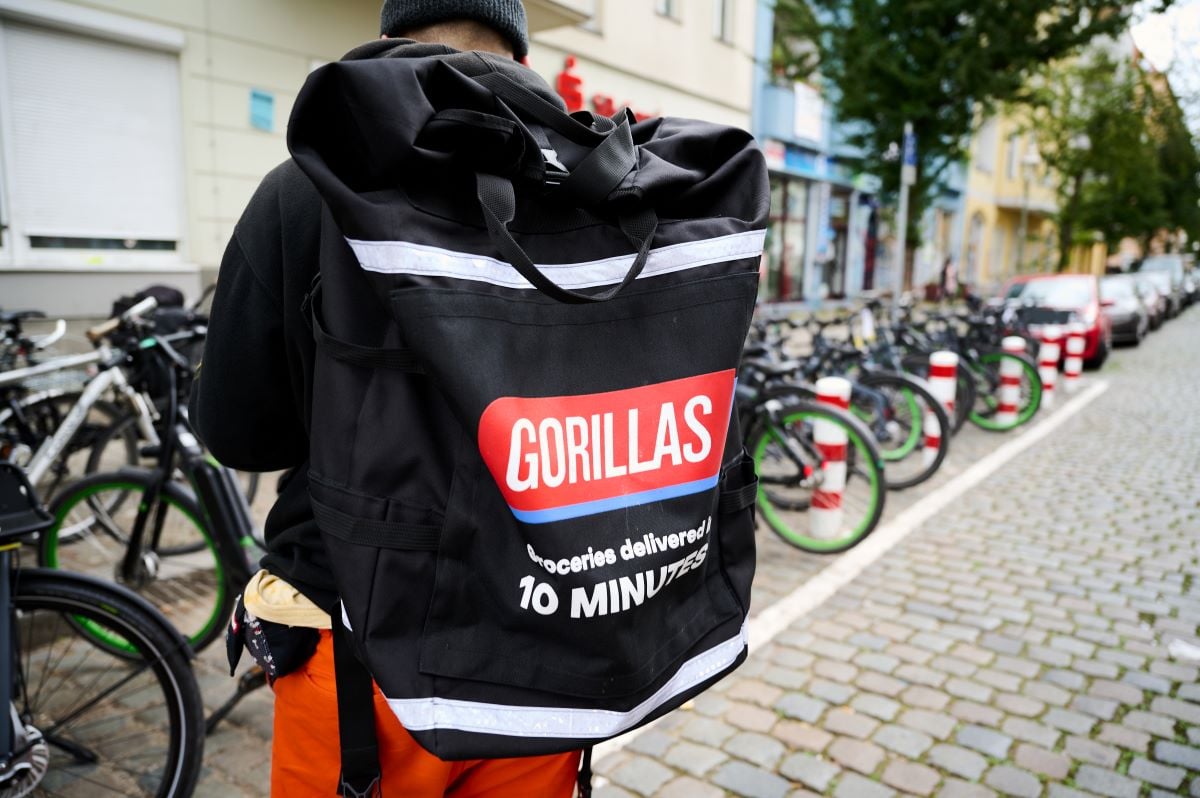
 Please whitelist us to continue reading.
Please whitelist us to continue reading.
If the €60 billion is not allowed to go into the Climate and Transformation Fund, where does it go? I would assume it is paid back to whoever holds the debt for the Covid funds but I do not know for sure. Thanks in advance for clarifying.
Hi Jorge, thanks for your comment. We’ll look into this for you.